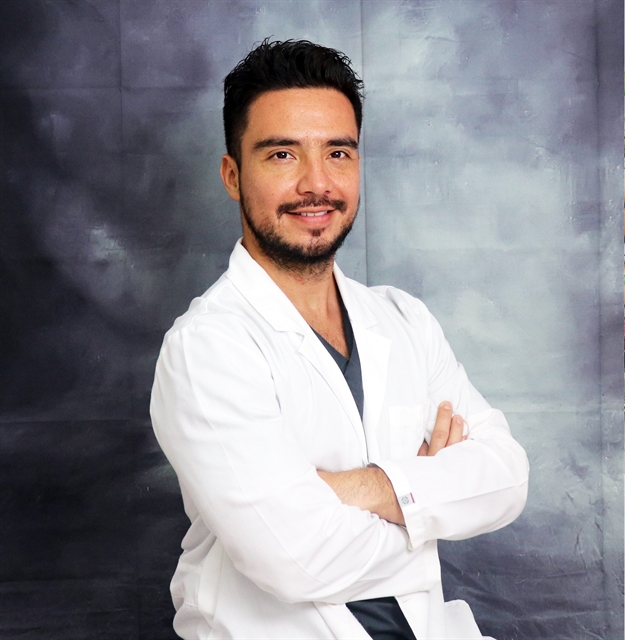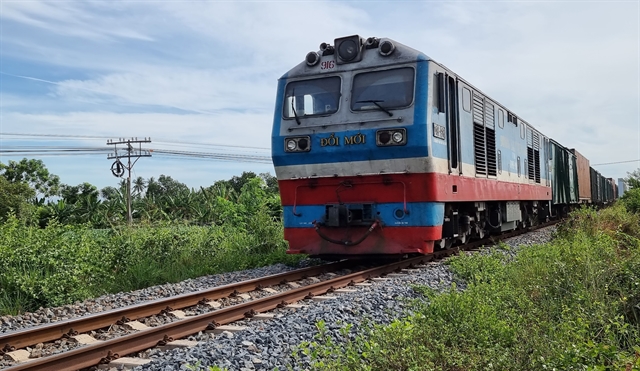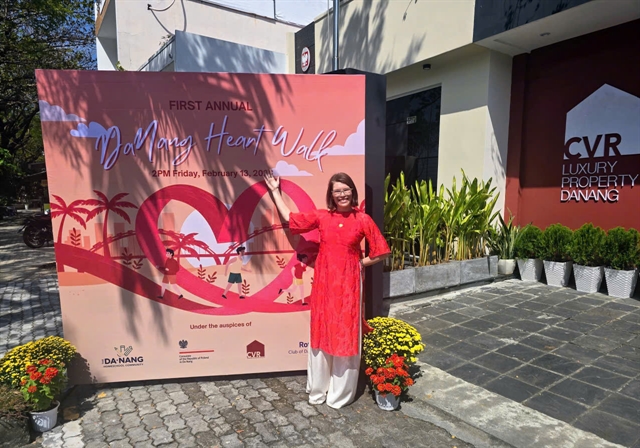 Life & Style
Life & Style


|
| Dr Andres Sosa. — Photo courtesy of Family Medical Practice |
Dr Andres Sosa*
Often in adult life, especially if family and work keep us busy, we gain weight. The default solution is a very common mistake: go for a run.
The risk of getting injured is considerable when people who are overweight decide to use running as a way to get in shape.
Running is a great way to develop cardiovascular resistance and a dopamine-releasing activity that can improve our mood, focus, and health in general. However, if we are overweight and run, we must deal with some mechanical facts.
Our body is a very efficient biological machine but it has limits, and we can exceed this capacity by pushing our body too hard in our attempt to 'burn fat' as quickly as possible.
I often see patients struggling with losing weight and getting injured while running. That's why I would like to share my experience so if this is your situation you won’t end up with this kind of problem.
Here are five reasons why running is NOT the best option to lose weight:
1. Cartilage injuries: Running with excessive weight can damage the cartilage in your hips, knees, and ankles. If there is already a weak area in the cartilage, the risk of developing osteoarthritis is high. The initial symptoms of osteoarthritis are pain, stiffness, swelling, joint effusion, and limited motion. Mechanical loads severely increase when running downhill.
2. Ligament injuries: Sprains are very common when running overweight, especially in our ankles and knees. These joints were designed to withstand some loads, but when we exceed their capacity, any simple twist can turn into a disaster. Ligament lesions are serious because they can compromise the stability of our joints.
3. Muscle consumption: When you focus on running as your only way to lose weight, you probably consume glycogen from your muscles as an energy source. In the long term, this activity leads to losing muscle mass instead of fat. If you lose weight, make sure you lose fat, not muscle. Our muscles are responsible for a huge part of our metabolism, not only moment and strength as most people might think. The more muscle mass we have, the healthier we get. The more fat tissue we have, the weaker we become.
4. Disc compression: Neck and lower back pain are the most common reasons for visiting orthopaedics. Vertical impacts while running increase the loads in our spine. Any thinning or bulging disc in your neck or lower back can cause pain, swelling, limited motion, and tingling or numbness in your extremities, symptoms of nerve compression.
5. Heart demand: Running has a high cardiovascular demand, and your heart, as a pump, was not designed to move your body with extra weight. Better to get close to your ideal weight first before running.
Some pieces of advice. Instead of running, please try to:
A. Focus on your nutrition. Instead of running as a stand-alone weight management strategy, try to adjust your nutrition first. Ensure all your meals contain enough protein, healthy fats, and nutritious carbs.

|
| Ensure all your meals contain enough protein, healthy fats, and nutritious carbs. — Photo www.wur.nl |
B. Walking. Walking is more effective than running because the mechanical impact is lower, and you can even practise it throughout the day. Walk everywhere and do it on purpose. Find any excuse and do it more and more every day. If your problem is an eight to five job, take short breaks and come to say hello to your colleagues or deliver all those documents to office by office.
C. Move more. We are too sedentary, especially nowadays, spending too much time on the phone. One of the secrets of health is movement. Movement is life, say the wise. So drop your phone and move more: take your dog out, take the stairs, go to the park, find any excuse but avoid sitting for long periods at work.
D. Calm down. There is nothing like a magical pill for a quick change. Getting in shape takes time, learning, and discipline. It takes time, but we all need it, so please slow down and enjoy the journey. Family Medical Practice
*Dr Andres Sosa is our Orthopedic Surgeon specialising in sports medicine and trauma. After his residency in Orthopedics, he took a Master’s in Upper Limb Surgery at the University of Bologna (Italy). Furthermore, he joined a sports medicine programme at Thomas Jefferson University Hospital in Philadelphia (USA) and obtained his second Master’s in Shoulder Surgery with the University of Andalucía (Spain). Once in Asia, he continued his surgical training at the Arthrex ArthroLab (Singapore), focused on knee meniscus and ligament reconstruction.
Dr Sosa joined Family Medical Practice in 2018 and is responsible for all orthopaedic and trauma cases. He is also a sports nutrition and fitness expert from Major University (Chile) and is fluent in English, Italian, and Spanish.
Visit Family Medical Practice Hanoi 24/7 at 298I Kim Mã Street, Ba Đình District, Hà Nội. To book an appointment, please call us at (024).3843.0784 or via Whatsapp, Viber or Zalo at +84.944.43.1919 or email hanoi@vietnammedicalpractice.com.
FMP’s downtown location in HCM City is in Diamond Plaza, 34 Lê Duẩn Street, Bến Nghé Ward, District 1, and 95 Thảo Điền Street, District 2. Tel. (028) 3822 7848 or email hcmc@vietnammedicalpractice.com.




